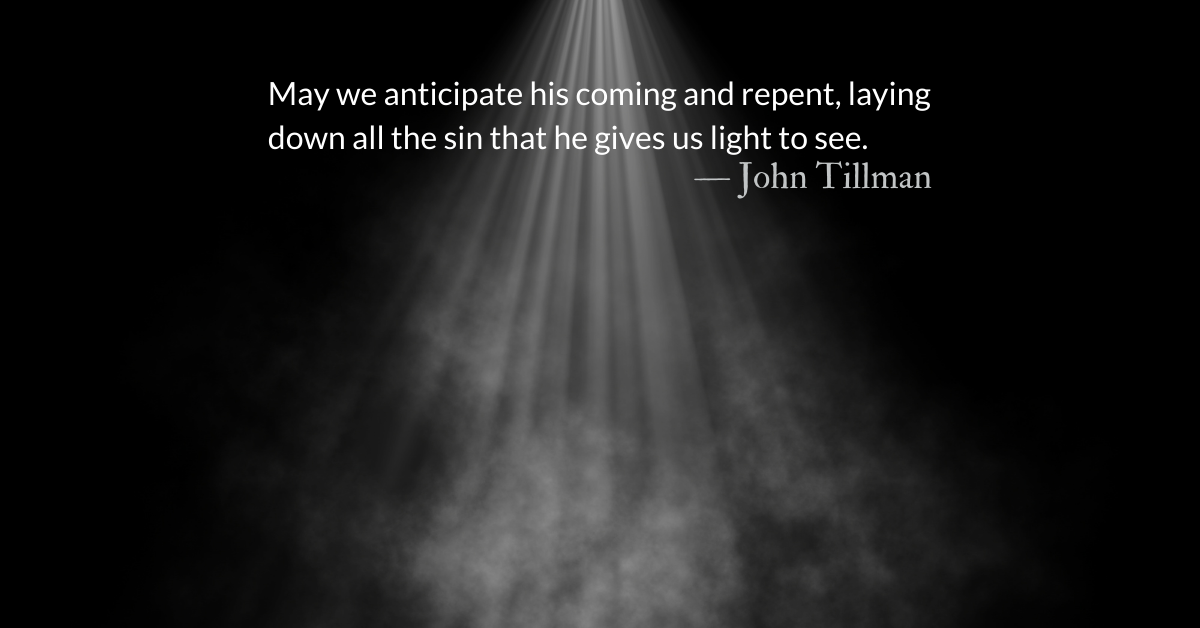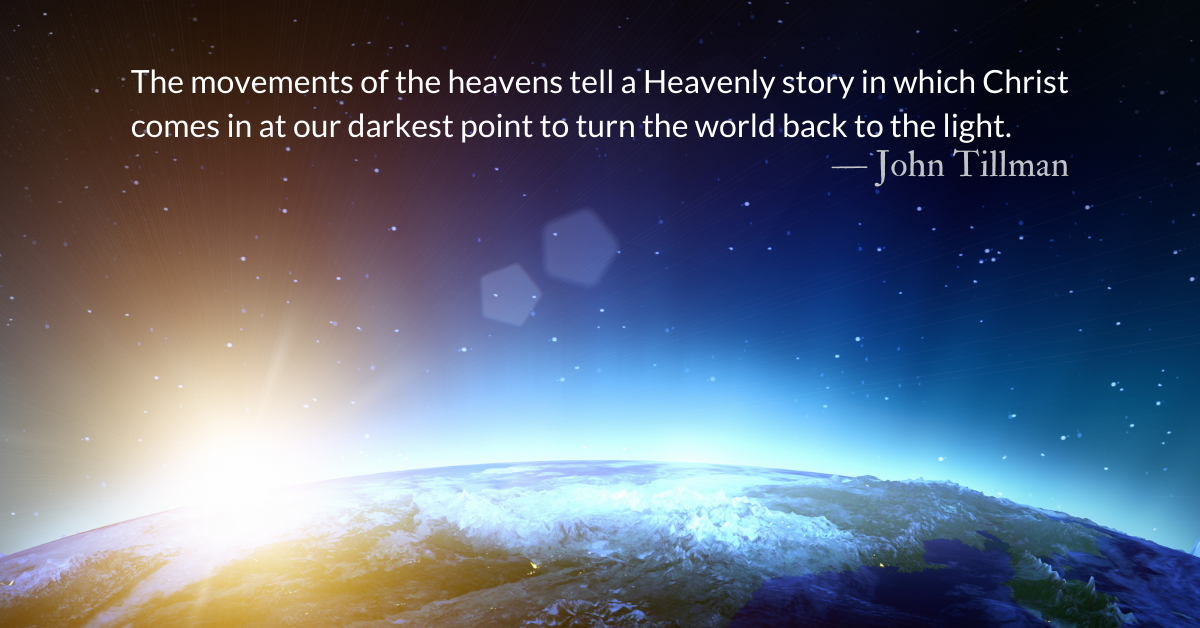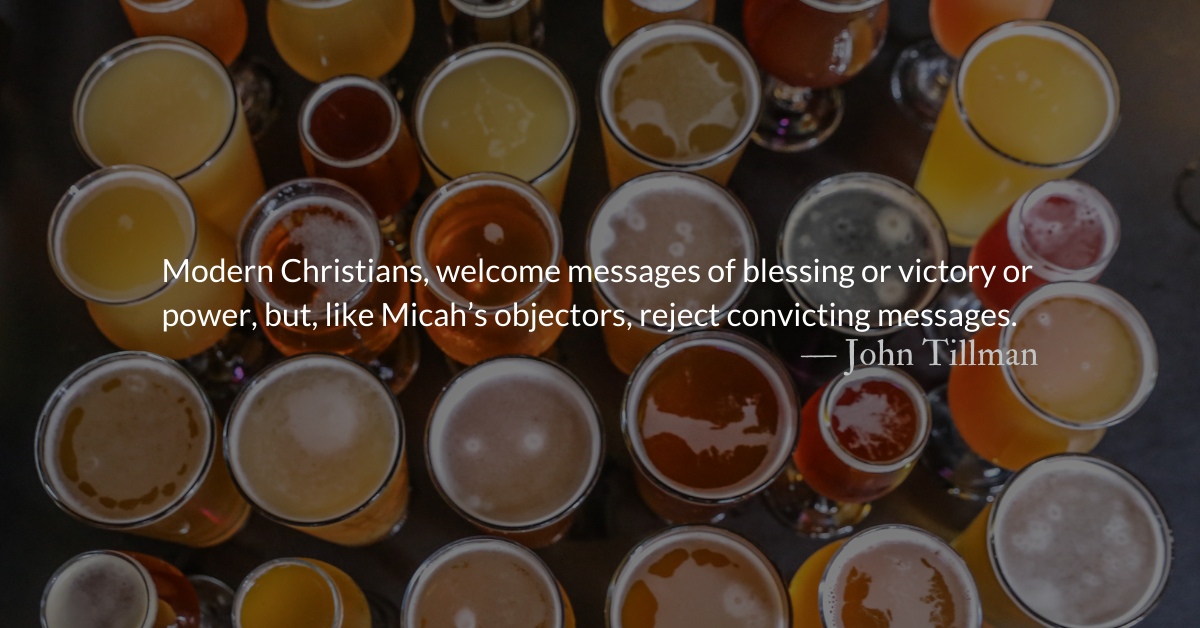Scripture Focus: Micah 2.6, 11
6 “Do not prophesy,” their prophets say.
“Do not prophesy about these things;
disgrace will not overtake us.”
11 If a liar and deceiver comes and says,
‘I will prophesy for you plenty of wine and beer,’
that would be just the prophet for this people!
From John: We look back today on this post from 2020 and the harsh words Micah had for those who objected to the types of issues he prophesied about.
Reflection: Prophets We Want, Prophets We Need
By John Tillman
In his commentary on Micah, James Limburg described the people’s objections to Micah as grounded in “a theology which assured them of the Lord’s perpetual blessing, of his long-suffering and patience, and of his mighty acts on behalf of his people.”
Micah’s opponents had a theological concept that God’s nature and promises trapped him into perpetually improving their circumstances. In other words, God loved them too much for anything bad to happen. This misreading of the scriptures provided a bulletproof feeling of invulnerability. To them, it was scandalous and inappropriate to proclaim guilt or catastrophic consequences.
Certainly, the Lord’s nature is long-suffering and patient. God’s first description of himself in the Bible is that he is compassionate, gracious, slow to anger, abounding in love and faithfulness. (Exodus 33.19-23, 34.5-7) But God will also have justice. In this same passage, he declares that he will not leave the guilty unpunished.
Certainly, the Lord made promises regarding Abraham’s descendants. But as John the Baptist later warned, “out of these stones God can raise up children for Abraham.” (Luke 3.7-9) Any person or group thinking God’s plans would be thwarted if they experienced suffering, defeat, imprisonment, or even death is foolish and prideful.
Modern Christians welcome messages of blessing or victory or power but, like Micah’s objectors, reject convicting messages. We are sometimes guilty of falsely claiming biblical promises (such as the Abrahamic promises or promises regarding our righteousness in Christ) as a cloak of invulnerability against suffering or guilt. Many today are scandalized by “prophets” who speak like Micah and Amos, especially if they speak on similar topics. They object:
“Don’t say such things!”
“Don’t talk about justice.”
“Don’t hold us responsible for prior generations.”
*God regularly holds entire nations responsible for the deeds of prior generations. — Amos 1; Joel 3.19; Ezekiel 25, 35)
Pointing out unrighteousness or the need for justice should not be scandalous.
We wrongly interpret God’s promises to us through Christ if we only see them as guarantees of blessings in this life. We are ignoring Christ’s lived example if we do not think it likely suffering, mistreatment, or even death might be part of God’s plan or purpose for our lives.
If the only prophets we listen to promise “plenty of wine and beer,” and the only signs we want from God are blessings for ourselves, we may be in the same boat as Micah’s hearers.
Divine Hours Prayer: The Greeting
Deliver me, O Lord, by your hand from those whose portion in life is this world. — Psalm 17.14
Today’s Readings
Micah 2 (Listen – 2:11)
John 18 (Listen – 5:16)
Read more about The Gospel is an Uprising
The Anastasis—the Uprising—is the great jailbreak of God.
Read more about Unworthy Prophets
These prophets claim to speak for God but, instead, tickle the ears of the powerful…











